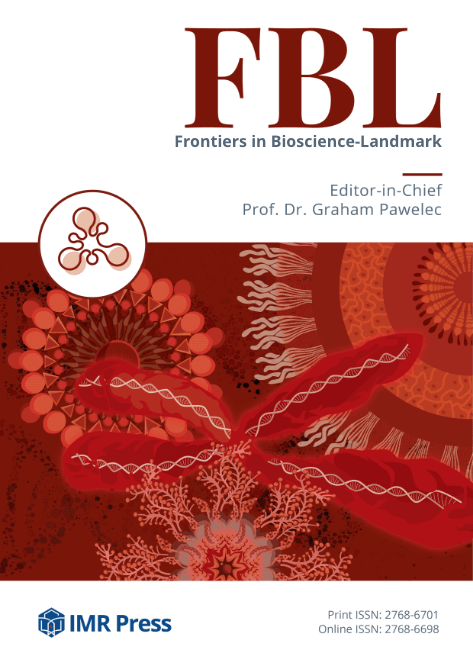Frontiers in Bioscience-Landmark (FBL) is published by IMR Press from Volume 26 Issue 5 (2021). Previous articles were published by another publisher on a subscription basis, and they are hosted by IMR Press on imrpress.com as a courtesy and upon agreement with Frontiers in Bioscience.
The recognition by T cells of intact foreign MHC molecules at the surface of transplanted cells (direct pathway) was originally thought to represent the driving force behind acute rejection of allogeneic transplants. Over the past decade, however, a body of evidence has been provided demonstrating that T cell recognition of donor peptides presented by recipient APCs (indirect pathway) is sufficient on its own to ensure both acute and chronic rejection of allografts. While the direct allorecognition leads to an exceptionally vigorous inflammatory T cell response, it is thought to be short lived due to the rapid depletion of donor professional APCs and it can be controlled with a short course of immunosuppressive drugs including calcineurin inhibitors. In contrast, while the indirect alloresponse is oligoclonal and much weaker, it is long-lived and tends to spread to formerly cryptic determinants on donor and self-tissue specific antigens. This feature of indirect alloreactivity is presumably associated with the sustained presence of recipient professional APCs that can maintain a chronic inflammatory response similar to that observed in autoimmune diseases. Consequently, the indirect alloresponse may be more difficult to suppress than its direct counterpart. On the other hand, there is accumulating evidence showing that administration of alloantigen in a "tolerogenic fashion" mediates allograft acceptance via the activation of regulatory T cells recognizing donor antigens via the indirect allorecognition pathway. Apparently, these regulatory T cells can suppress both direct and indirect inflammatory T cell responses to donor antigens. This suggests that modulation of indirect alloreactivity may represent the best strategy to achieve long-term donor-specific tolerance to allotransplants.

